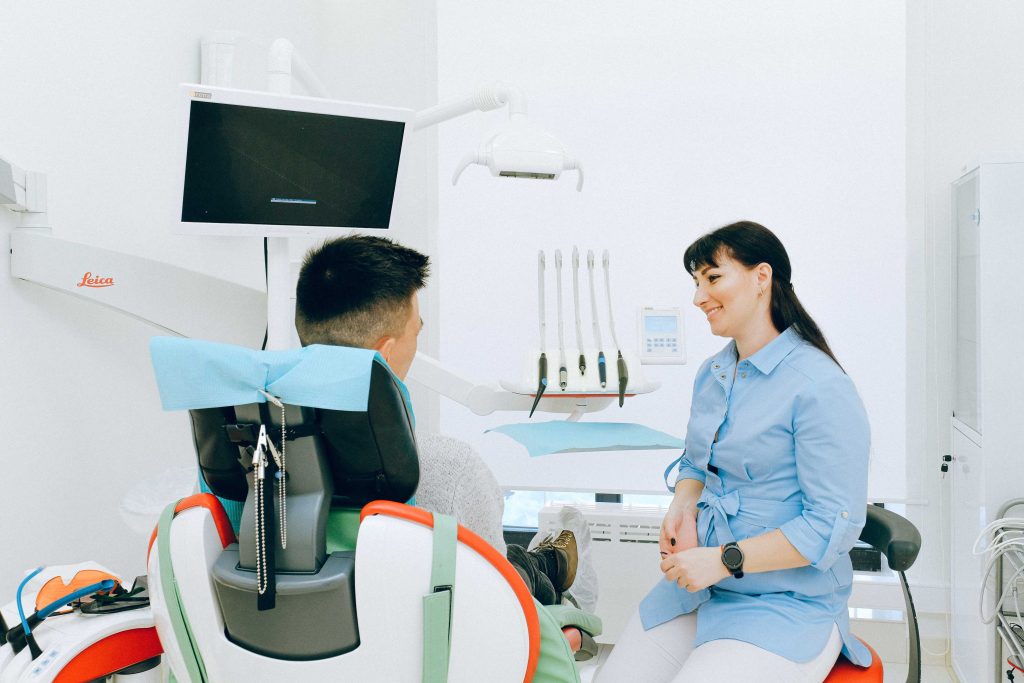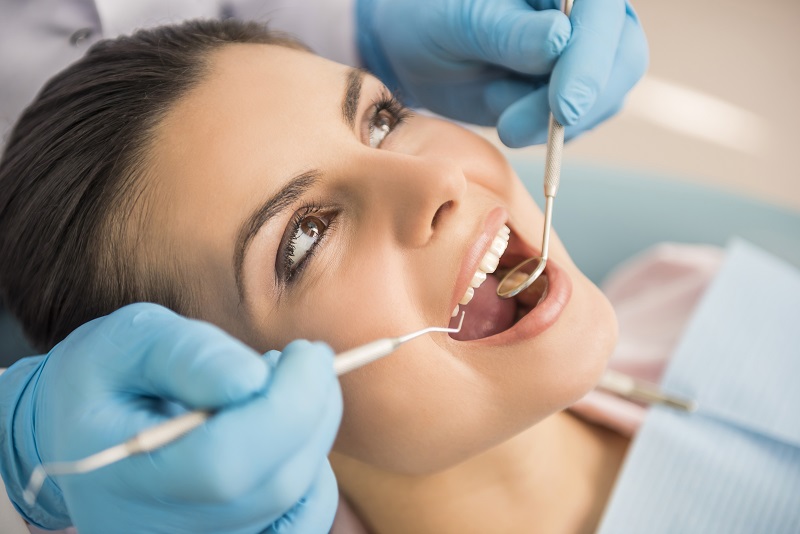Are you under orthodontic treatment like Invisalign? Waiting to transform your smile? We got you. When it comes to orthodontic treatments, Invisalign has gained popularity for its discreet and effective approach to straightening teeth. As the trusted Bundoora dentist, we at Greenwood Plenty Dental Care often get asked about the duration of Invisalign treatment. Well, it certainly depends on numerous factors. In today’s blog, we’ll provide insights into the timeline you can expect when choosing Invisalign to achieve a beautifully aligned smile. Let’s get started.
Consultation and Customisation
The journey begins with a comprehensive consultation with a dentist in Bundoora. During this visit, your oral health will be assessed, and if Invisalign is deemed suitable for your needs, a customised treatment plan will be created. This plan outlines the estimated duration of your Invisalign treatment based on the complexity of your case.
Treatment Phases
Invisalign treatment typically consists of a series of aligners that are changed approximately every two weeks. Each set of aligners gently shifts your teeth into the desired position. The total number of aligners required will vary depending on the specific alignment issues being addressed. Your dentist will provide a clear timeline based on your personalised treatment plan.
Mild to Moderate Cases: 6-12 Months
For individuals with mild to moderate alignment concerns, Invisalign treatment can often be completed in as little as six to twelve months. These cases involve minor adjustments at the dental clinic in Bundoora, such as correcting slight crowding or small gaps between teeth.
Moderate to Severe Cases: 12-18 Months
More complex cases that involve moderate misalignment or issues like overbites and underbites may require Invisalign treatment for a duration of twelve to eighteen months. These cases may involve a larger number of aligners to achieve the desired results.
Regular Check-Ups and Progress Monitoring
Throughout your Invisalign journey, regular check-up appointments with your Bundoora dentist are essential. These appointments allow for progress monitoring and ensure that your treatment is on track. Adjustments to the treatment plan can be made if necessary to achieve the best possible outcome.
The duration of Invisalign treatment varies depending on the individual’s specific needs and the complexity of the case. With the guidance of an experienced dentist at a reputable dental clinic in Bundoora like us, you can expect a carefully customised treatment plan and regular progress check-ups to help you achieve a beautifully aligned smile promptly.
Contact us today to schedule a consultation and start your journey towards a straighter, more confident smile with Invisalign. We also have a team of emergency dentists, orthodontists, and kids’ dentists who can provide general dentistry, root canal treatment, broken teeth, and much more.










